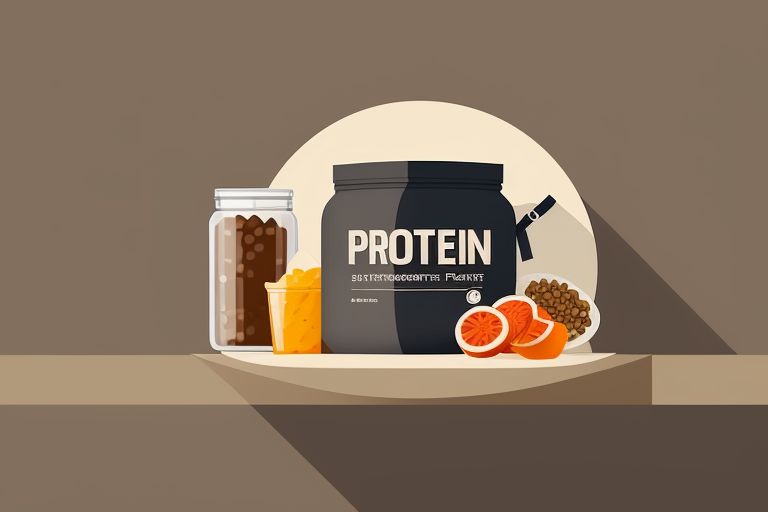Muscle Mass and Strength Gains
A systematic review and meta-analysis published in the British Journal of Sports Medicine found that protein supplementation significantly enhanced changes in muscle strength and size during prolonged resistance exercise training in healthy adults. Specifically, protein supplementation increased:
- One-repetition maximum strength
- Fat-free mass
- Muscle fiber cross-sectional area
- Mid-femur cross-sectional area
Effectiveness for Different Groups
The benefits of protein supplementation were more pronounced in resistance-trained individuals compared to untrained individuals. However, the impact on fat-free mass gains decreased with increasing age.
Optimal Protein Intake
The analysis found that protein supplementation beyond total protein intakes of 1.62 g/kg/day did not result in further resistance exercise training-induced gains in fat-free mass.
Specific Types of Protein
A study on whey protein supplementation during 4 weeks of resistance training found it promoted greater increases in muscle mass and selective improvements in muscular strength and endurance compared to a placebo.
Timing and Type
A comprehensive meta-analysis concluded that the timing of protein intake and the type of protein (e.g. whey vs plant-based) did not significantly impact outcomes, as long as adequate total protein was consumed.
In summary, while protein supplements are not necessary for everyone, there is strong scientific evidence supporting their effectiveness in enhancing muscle growth and strength gains when combined with resistance training, particularly for trained individuals consuming adequate total protein.
Further Reading
- Efficacy and safety assessment of protein supplement – micronutrient fortification in promoting health and wellbeing in healthy adults – a randomized placebo-controlled trial
- A systematic review, meta-analysis and meta-regression of the effect of protein supplementation on resistance training-induced gains in muscle mass and strength in healthy adults
- Effects of Whey Protein Supplement on 4-Week Resistance Exercise-Induced Improvements in Muscle Mass and Isokinetic Muscular Function under Dietary Control
- Protein powders: Are they bad for your health?
- Exploring the Impact of Protein Supplement Source on Body Composition in Women Practicing Anaerobic Resistance Exercise: A Pilot Study
- What are the benefits of protein powder?
- The scoop on protein powder


